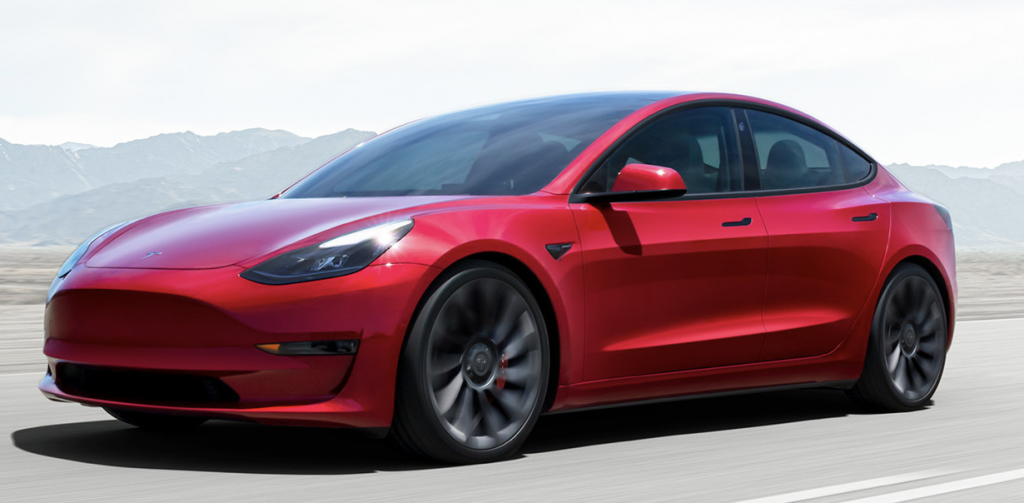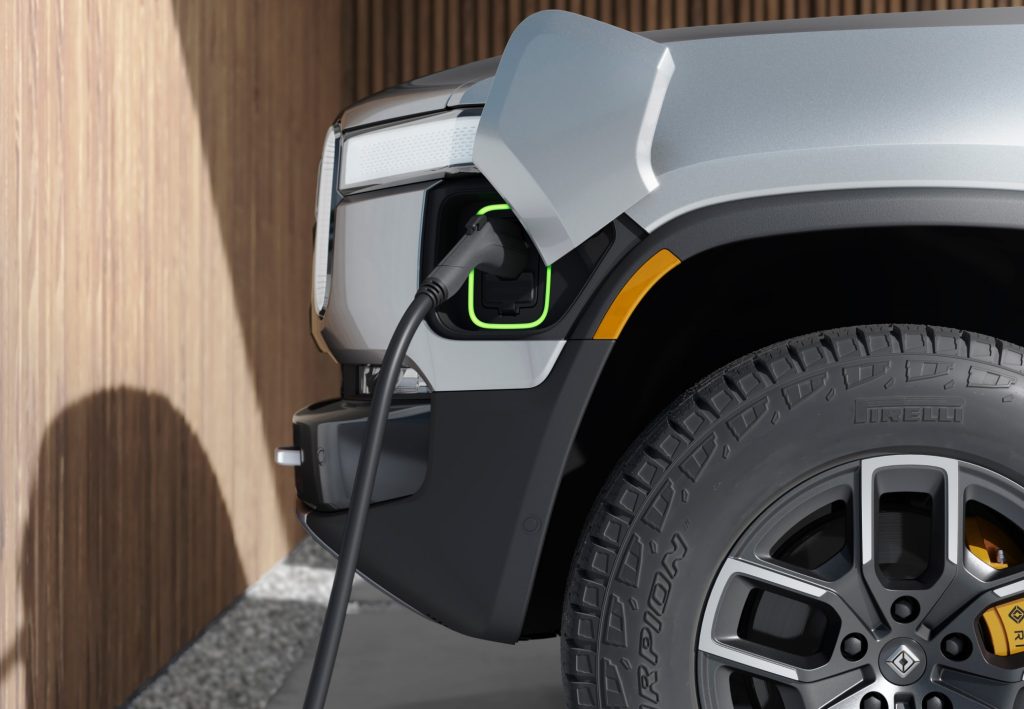How Electric Vehicles Are Saving Lives
Electric vehicles may hold the key to preventing the untimely deaths of tens and thousands of individuals in the United States.
This article is more than 2 years old

What if we told you there was a way to prevent the deaths of over 100,000 people in the coming decades? While it may seem impossible to predict the deaths of that number of people, a recent report by the American Lung Association suggests that there is indeed a way to prevent the untimely deaths of a great number of people. The answer? Electric vehicles.
The report put forth by the American Lung Association details that by “zeroing in on healthy air” tens of thousands of lives can potentially be saved in the coming decades. The association explained that the primary way the public can zero in to attain healthier air is by fully transitioning over to electric vehicles. The report suggests, for instance, if all new cars purchased between the five-year period between 2035 to 2040 are electric vehicles a grand total of 110,000 lives could be saved. It also suggests that a complete transition to electric vehicles in that time period would prevent 2.79 million asthma attacks from occurring and avert 13.4 million instances of missed workdays.
Moreover, the most obvious benefit of adopting electric vehicles entirely is that everyone in the United States would be breathing cleaner air. That alone may be reason enough to take the American Lung Association’s recommendations seriously. Harold Wimmer, National President and CEO of the American Lung Association highlighted. “Too many communities across the U.S. deal with high levels of dangerous pollution from nearby highways and trucking corridors, ports, warehouses and other pollution hot spots.” His sentiments ring true. A Utah teen is currently suing the state over her inability to go outside because of abysmally poor air quality due to Utah’s heavy economic reliance on the fossil fuel industry.

The American Lung Association’s report also points out that air pollution from carbon-emitting vehicles further exacerbates the negative effects of climate change. For example, California’s air quality is continually suffering due to the widespread occurrence of sweeping wildfires. Fossil Fuel-powered cars serve to further worsen the already hampered air. Electric vehicles, on the other hand, would remove that mitigating component entirely.
However, while all of this information released by the American Lung Association makes the complete switch to electric vehicles seem like a no-brainer, it is, unfortunately, not that simple. The nature of the United States’ industrial infrastructure is keeping the country largely dependent on fossil fuels. Moving away from and revamping that infrastructure with a populous that remains so entrenched in its functioning is a difficult thing to accomplish. Although, there is hope.
Overall people are becoming more cognizant of the detrimental effects that heavy reliance on fossil fuels employ. In the United States, this is evident in the vast uptick in the number of people purchasing electric vehicles. Additionally, the 2022 climate conference resulted in a vast number of countries pledging to transition to becoming carbon neutral over time. Also, many top automakers are taking similar pledges in the same vein by committing to transitioning their vehicle fleets to all-electric in the decades to come. It still remains to be seen if a complete severance from fossil fuels will be achieved. However, with the encouraging components that are currently in place, the United States is at least seemingly headed in the right direction.





